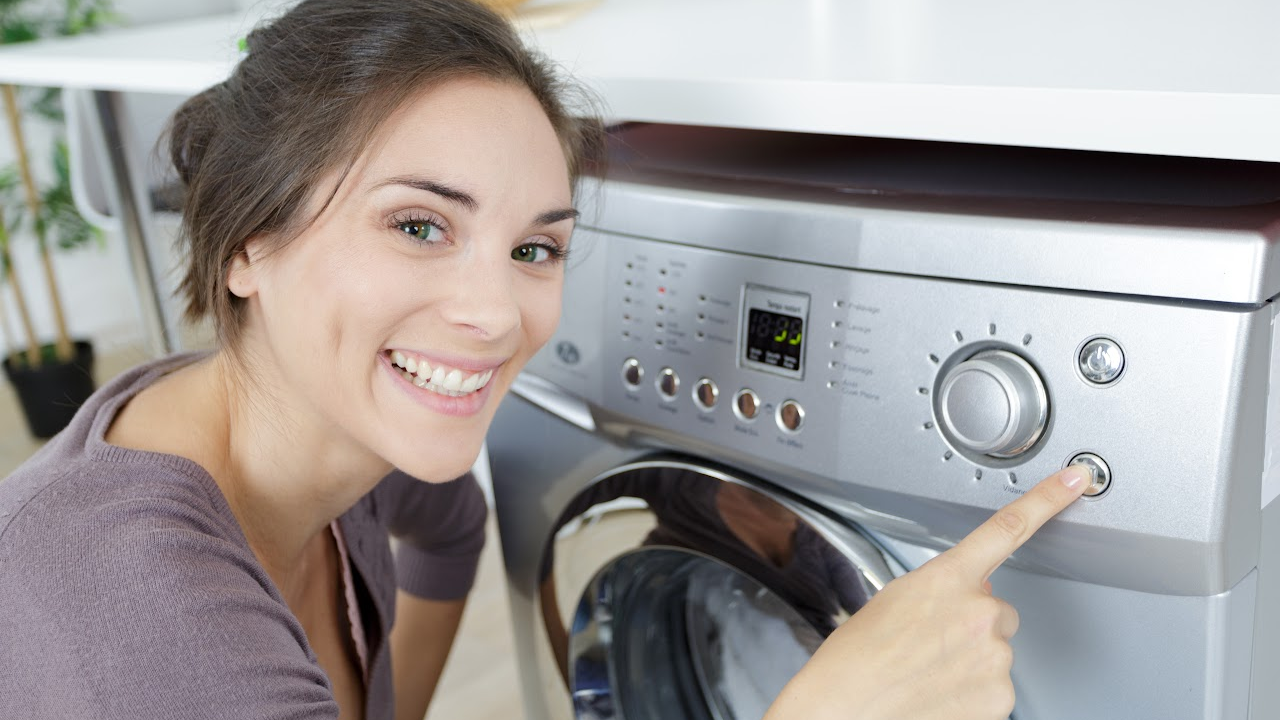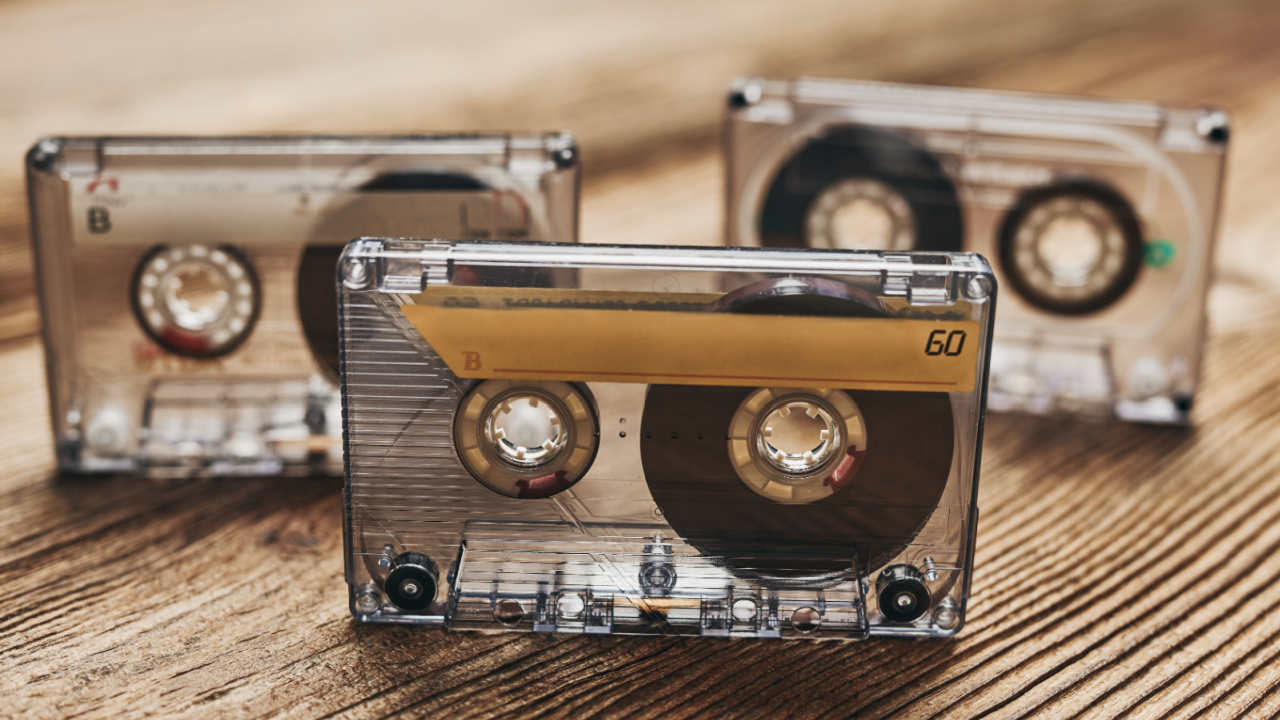White Goods Grants: Get Help When Buying Fridges, Cookers, and Other Appliances According to the…
Do You Really Need a TV Licence?
As more and more people turn to streaming services to consume their favourite shows, the question, “do I need a TV licence?” is becoming more and more common.
If you’re also wondering the same thing, you’re in the right place!
This guide will help answer your questions, clarifying the purpose of a TV licence, the associated costs, when you’re required to have one, and what might happen if you’re caught without one.
Let’s dive into the world of the TV licence to ensure you’re fully informed and staying within the law.
What is a TV Licence?
In simple terms, a TV licence is a permit that allows you to watch or record live TV on any device. This can be on a standard television set, computer, laptop, tablet, mobile phone, games console, digital box, or even a DVD/VHS recorder.
How Much is a TV Licence?
The annual cost of a TV licence is £159 for both homes and businesses. This cost is essential as it helps fund a variety of quality content on BBC channels and services. However, for those of you who have a black and white TV set, the cost is discounted to £53.50 annually.
Types of TV Licences
Besides the standard TV licence, there are a few other types of licences you might want to know about. For instance, people over 75 who receive pension credit, care home residents, and blind individuals might be eligible for a free or discounted TV licence.
Furthermore, if you only watch on-demand content that isn’t on BBC iPlayer, you may not need a TV licence.
However, if you watch or on demand programmes, record live TV programmes or use BBC iPlayer, you need to have a valid licence.
Paying for a TV Licence
Purchasing a TV licence is quite simple. You can buy a new licence or renew an existing one online through the TV Licensing pay website. You can use a credit or debit card for this transaction. You could also get a postal order from your local post office.
Several ways are available for paying for a TV licence, including direct debit, online, by phone, or in-person at PayPoints. You’ll receive a confirmation email or letter once you’ve made your payment. This document will act as proof of your licence purchase.
When Do You Need a TV Licence?
Let’s dive deeper into when a TV licence is required. It’s crucial to know when you need one to avoid potential legal troubles.
Watching Live TV:
A TV licence is necessary when you’re watching live TV, no matter the channel, TV service, or streaming service. This includes watching live TV on platforms like YouTube, or even on your phone or laptop. A TV Licence is also needed if you record live TV programmes to watch later.
Using Catch-up Services:
From September 1st, 2016, you need a TV licence for any on-demand viewing on BBC iPlayer, on all devices. However, other catch-up services like ITV Hub or All 4 do not require a TV licence, as long as you’re not watching live TV or BBC content.
Streaming Services:
If you’re a fan of streaming services, knowing the TV licence rules is important. For services like Netflix, Apple TV+, YouTube, and Disney+, you do not need a licence. However, if you watch live TV on Amazon Prime Video or ITVX, a TV licence is necessary.
Special Cases and Exemptions
There are a few situations where the rules around TV licences are slightly different.
Students and University Accommodation:
Students living in university accommodation need to have their own TV licence. Your parents’ or university hall’s TV licence does not cover you. This means if you watch programmes live, or record programmes from live TV in your room or shared spaces, you need your own licence.
Tenants and Lodgers:
If you’re a tenant and have a joint tenancy agreement, one TV licence will cover the entire residence. But if you have a separate agreement for your room, you will need your own separate licence to watch tv there.
Over-75s and Pension Credit Recipients:
Individuals aged 75 or over who receive Pension Credit can get a free TV licence. To apply for free licence, you can do so online or by post. You need to provide proof of your age and pension credit entitlement.
Changing Address and Cancelling Your TV Licence
If you’re moving or no longer require a TV licence, you can easily update your address or cancel your licence through the TV Licensing website.
Updating Your Address:
To change your address for a TV licence, you can sign into your account and update the details online. Or, you can send a letter to TV Licensing with your name, address, TV licence number, and the new licence holder’s name.
Cancelling and Refunding Your TV Licence:
If you want to cancel your TV licence, you can do it online, over the phone, or by writing to TV Licensing. If there’s at least one full month left on it before expiration, and you won’t need a licence during that time, you might be eligible for a refund.
Consequences of Not Having a TV Licence
If you don’t have a TV licence, you can face fines and court costs. The maximum fine for not having a TV licence is £1,000. TV Licensing can use vans with detection equipment and aerial detection technology to identify individuals without a TV licence.
If you don’t need a TV licence, you must declare this to avoid any accusations of not having a licence. You can notify TV Licensing through their online form or by calling 0300 790 6096.
Overview…
In a nutshell, knowing about TV licences is crucial for anyone in the UK who watches or records live TV or uses catch-up services like BBC iPlayer. You need to be aware of when a TV licence is required and the repercussions of not having a licence. This way, you can enjoy your favourite TV shows and streaming services without any worries.
Frequently Asked Questions
In this section we cover your frequently asked questions on the UK TV Licence.
What is a TV Licence?
A TV licence is a legal permit required to watch or record live TV broadcasts in the UK. This covers a broad range of devices that record television programmes, including traditional TV sets, computers, laptops, tablets, smartphones, games consoles, digital boxes, and DVD/VHS recorders.
How much does a TV Licence cost?
The annual fee for a TV licence is £159 for colour TVs and £53.50 for black and white TVs as of 2023. These funds support the operation of the BBC and its various services.
Do students need a TV Licence?
Yes, students need a TV licence if they will watch any live television programmes or record live TV in their dorms or accommodation. The TV licence of their parents or university hall does not cover them.
Can I get a discount on my TV Licence?
Yes, some groups are eligible for free licences or discounted TV licences. These include individuals over 75 who receive pension credit, care home residents, and blind (severely sight-impaired) individuals.
What happens if I don’t have a TV Licence?
Watching or recording live TV without a valid TV licence is a criminal offence. If caught, you could be fined up to £1,000, plus court costs.
Can I cancel my TV Licence?
Yes, if you no longer need your TV Licence or won’t be watching live TV or using BBC iPlayer, you can cancel your TV licence online, by phone, or by writing to TV Licensing. You might be eligible for a refund if there’s at least one full month left on your licence.
What does the TV Licence fee fund?
The TV licence fee is primarily used to fund the BBC’s various radio, and TV channels, and online services. This includes the production of news, entertainment, and educational content.
Do I need a TV Licence for each television set I own?
No, one TV licence covers all the television sets in a single household. But if you are a tenant with a separate tenancy agreement for your room or a lodger with exclusive access to a bathroom, you will need your own TV licence.
Can I watch live TV on my mobile phone without a TV Licence?
No, you need a TV licence to watch live TV on any device, including mobile phones. If you watch live TV without a valid licence, you could face a fine.
How can I apply for a TV Licence?
You can apply for a TV Licence online through the TV Licensing website. You can also renew an existing licence on the website.
When do I need to renew my TV Licence?
You need to renew your TV Licence every year. The TV Licensing authority will usually send a reminder before your licence expires.
What happens if I move house?
If you move house, you need to update your address with TV Licensing to ensure your TV Licence applies to your new home. You can do this online or by contacting TV Licensing directly.
How can I check if I need a TV Licence?
If you watch or record live TV on any device or use BBC iPlayer, you need a TV Licence. If you only watch on-demand or catch-up content on other services, and don’t record live programmes or use BBC iPlayer, you won’t need a TV licence.
Do I need a TV Licence to watch Netflix?
No, you do not need a TV licence if you only watch content on Netflix or similar on-demand streaming services. But remember, if you are watching live TV broadcasts on any platform or using BBC iPlayer, a TV licence is necessary.
Do I need a TV Licence if I watch YouTube?
It depends. You do not need a TV licence to watch non-live (on-demand) videos on YouTube. However, if you are watching live, TV channel broadcasts on YouTube, you need a valid TV licence.
How can I cancel my TV Licence?
You can cancel your TV Licence online or by contacting the TV Licensing authority directly. You’ll need to provide your TV Licence number, your name, and your address. If eligible, you can also apply for a refund on the website.
Can I get a refund when I cancel my TV Licence?
Yes, you may be eligible for a refund if there’s at least one full month left on your TV licence when you cancel it. You can apply for a refund on the TV Licensing website.
How do I know if I’m eligible for a refund on my TV Licence?
You may be eligible for a refund on your TV licence if you won’t be watching or recording live TV or using BBC iPlayer for the remaining valid period on your licence, and there’s at least one full month left.








